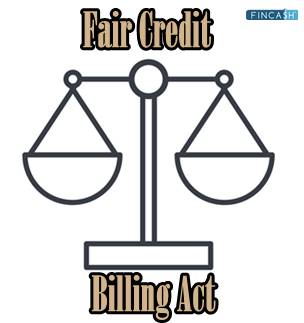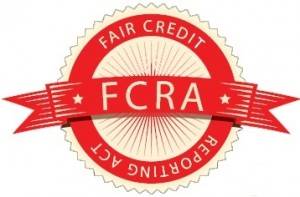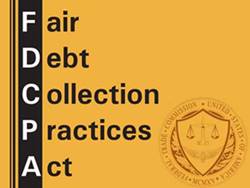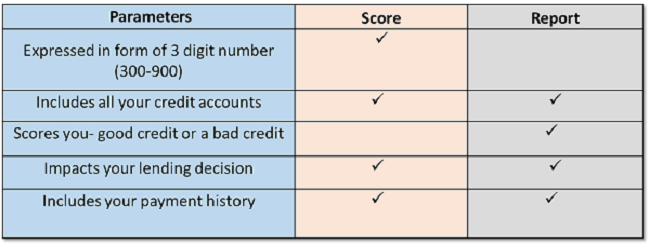Fair Credit Billing Act (FCBA)
What is the Fair Credit Billing Act?
The Fair Credit Billing Act is a government law established to shield shoppers from unreasonable charging, for example, unapproved charges, charges for unaccepted or undelivered products and services, and other debatable charges.
Where can the Act Come into Play?
Among its most significant consumer defense practices, the greatest Obligation under government law for unapproved utilization of any credit card is 50 Dollars. In case you report the incident before your credit cards are utilized, the Fair Credit Billing Act says that the card guarantor can't consider you liable for any unwarranted charges.

This law or act applies to all the charge records and open-end credit accounts, for example, Master cards or any kind of credit card for that matter. To question a charge, you have to send the lender your name, address, account number, and the details of the mistaken charges to the address registered for the billings.
The person who has granted the credit must get the letter in a maximum of 60 days of sending the bill with errors and should recognize your grievance in a maximum of 30 days ahead of getting it. The issue must be tackled within two official cycles, which is no more than 90 days.
The Guiding Body
The Federal Trade Commission is the general upholding organization for managing and implementation of the FCBA, however, adhering to the said rules by the banks is authorized under Section 8 of the Federal Deposit insurance Act.
Talk to our investment specialist
Filing a Complaint with Respect to the Fair Credit Billing Act
The consumer can register a private claim in any state or government court with purview over the gatherings to regain the genuine loss and legal damages of twice the wrongly account charge(s), along with their costs and lawyer expenses if the case is proved to be true. In case the supposed unlawful lead is spread extensively, the purchaser can also try to document a class action suit and get reimbursement for losses up to the lesser of $500,000 or 1 percent of the beneficiary assets.
Along with making a system for managing charging mistakes, the Fair Credit Billing Act contains several other guidelines:
- Detailed financial statements must be sent within fourteen days before the bill is expected for open-end credit accounts. This comes with a grace period before taking into account the monetary charges.
- In case of a situation in which the banks report the charges as negligence on the part of credit agencies, they should report the charge in question.
- Credit card companies should not restrict dealers from Offering concessions to individuals who pay by cash or cheque.
- Banks must not utilize any money in the checking or investment accounts to compensate for an illegal credit account in the same Bank.
- The Section 170 of the FCBA gives a buyer the full permission to use or demand protection against the credit organization in a question about the nature of the products or services garnered, to the measure of the charges included.
All efforts have been made to ensure the information provided here is accurate. However, no guarantees are made regarding correctness of data. Please verify with scheme information document before making any investment.












